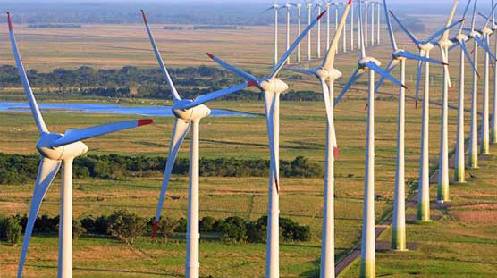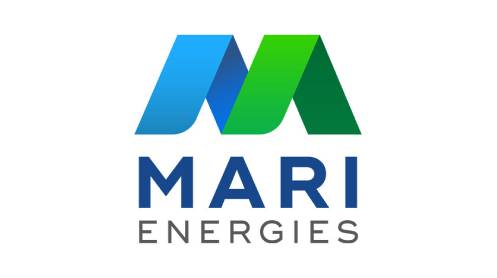ISLAMABAD: Pakistan and the World Bank have initiated discussions on a transformative $400 million investment in reactive power compensation as part of a broader 10-year transmission partnership, aiming to revamp the country’s energy infrastructure with sustainable, market-driven reforms.
Federal Minister for Power Sardar Awais Khan Leghari, in a meeting with World Bank’s Regional Director for Infrastructure, Pankaj Gupta, outlined the government’s strategy to move away from uniform tariffs and improve transparency through major system upgrades in power distribution and transmission. He reaffirmed Pakistan’s commitment to sustainable energy reforms under a private sector partnership (PSP) framework.
The World Bank plans to launch a long-term engagement with the National Transmission and Despatch Company (NTDC), starting with the $400 million investment. The goal is to develop a $2 billion-plus investment platform with potential co-financing from the Asian Development Bank (ADB), Asian Infrastructure Investment Bank (AIIB), and International Finance Corporation (IFC), integrating investment and reform agendas.
A key concern raised was the lack of coordination between the power and petroleum sectors, leading to mismatched supply-demand dynamics and inefficient investments. Both parties agreed that a unified Integrated Energy Plan (IEP) is essential to align upstream gas planning with downstream electricity generation and transmission development.
The World Bank urged Pakistan to adopt a transparent, data-driven, least-cost planning framework to guide all future investments, citing past missteps that led to overcapacity, elevated costs, and excessive reliance on imported fuels.
Minister Leghari also discussed the ongoing reform agenda, including DISCO privatisation, NTDC restructuring, and the shift towards a Competitive Trading Bilateral Contract Market (CTBCM). He emphasized the importance of transitioning gradually from uniform tariffs in a financially sustainable and equitable manner, considering provincial and consumer dynamics.
Both sides reaffirmed hydropower’s critical role in Pakistan’s clean energy future. Leghari highlighted its contribution to long-term water and energy security, while the World Bank expressed strong interest in further collaboration, pointing to Pakistan’s immense hydropower potential—estimated at 80 GW through the Indus River system.
Public-private partnerships, solar policy realignment, grid stability, and reduced dependence on imported fuels were also emphasized as priorities by the minister. He stressed that bold reforms are necessary to secure affordable and sustainable energy for future generations.
Gupta noted the World Bank’s enduring commitment to Pakistan’s energy sector since 1995 and reaffirmed support for integrated planning tools like the Integrated Generation Capacity Expansion Plan (IGCEP) and IEP to ensure effective forecasting and project alignment. He stressed the importance of keeping NTDC in the public sector until it is fully ready for privatization.
Story by Mushtaq Ghumman





